(September 23, 2023) Want to spend your holiday at the Suite Coco Canel at the Ritz Carlton Paris? Perhaps you’re in Germany and feel like a night out at the Berghain, one of the world’s most exclusive nightclubs. If you like to live in style – and have some cash to spend, obviously – Karan Bhangay is the man for you. The entrepreneur who founded Indulge Global, an invite-only premiere, luxury service, Bhangay is known for pulling off the impossible. One client, who wanted to surprise his wife with a holiday in Paris, got a booking at Suite Coco Chanel (where Coco Chanel spent 34 years of her life), a private stylist with VIP showings at Hermes, and bookings at Le Fouquet and Guy Savoy.
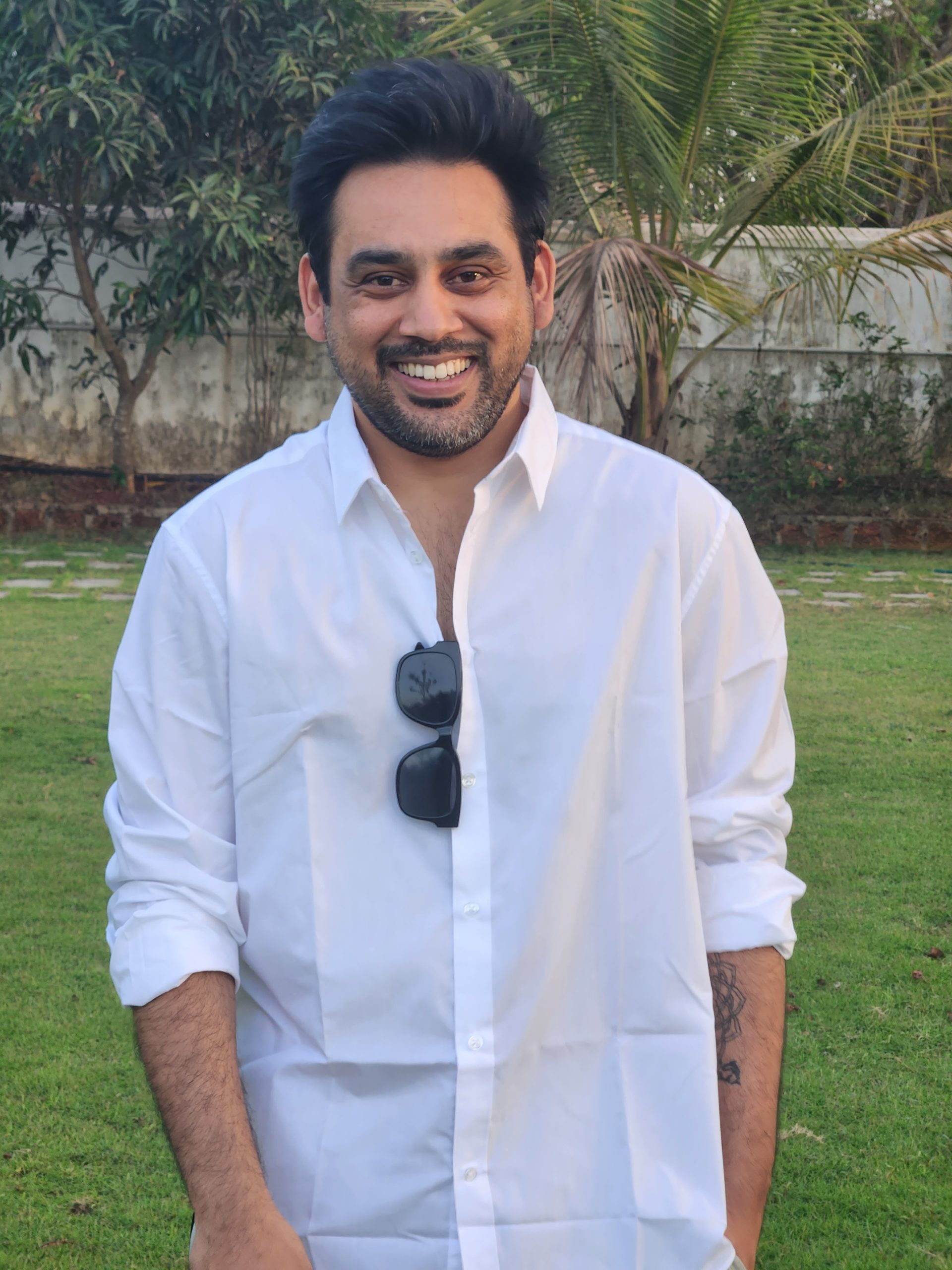
The entrepreneur has arranged a pair of Fendi Flow Sneakers and a Hermes Birkin bag in a day for another client and a luxury breakfast, complete with Veuve Clicquot champagne at the Mount Everest Base Camp, where his clients were flown by helicopter. He has even got clientele into world-renowned underground clubs like Berghain, Sisyphos and KitKatClub, which are known for such notoriously strict door policies, they don’t have guest lists or online bookings.
The rise of an entrepreneur
Over the last decade, the maverick entrepreneur has been instrumental in building companies from scratch and devising business strategies for several versatile companies in the Luxury industry. Bhangay has made his mark in transformative ventures and has come a long, long way from his humble beginning. He was only 17 when he landed his first job and has done it all, from bartending to selling dictionaries door-to-door. He got his first job in 2008, as the receptionist of an Airtel store, where he earned Rs 5000 per month before he got his bachelor’s degree. “From a very early age, my parents were keen on teaching me that if I wanted something, I had to get it for myself,” the entrepreneur tells Global Indian.
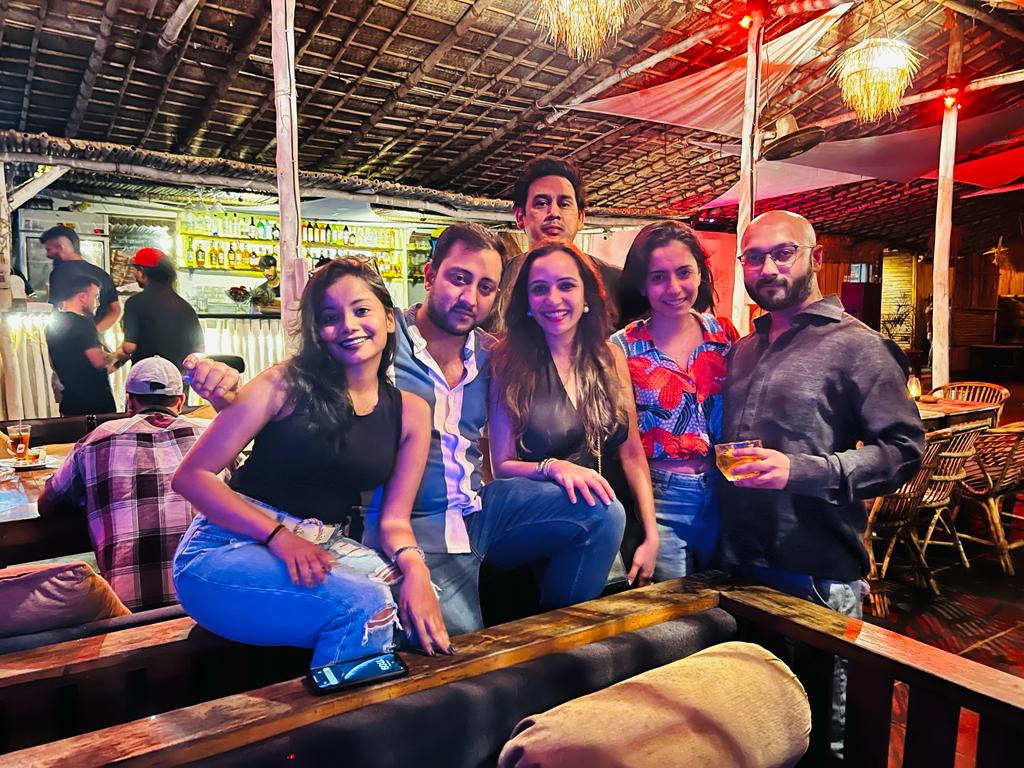
Karan with his team
Although he was qualified as an engineer, Bhangay made his way to the media. A stint at Water Today, a Chennai-based magazine gave him two things – a new idea and a mentor in Mr Shanmugham, the publications Features Managing Editor. He was so taken by the work he was doing that he skipped out on his software engineering degree in his fourth year and joined Lifestyle Magazine – Avant Garde life, as a consultant, growing through the ranks to become a Publishing Partner. By the late 2000s, he soon saw that tech was taking over print, just as it conquering everything else. Retailers didn’t need to have physical shops, they could make money through online portals. It was the same with media, there was no need to go through the expensive, cumbersome process of printing in the age of the mobile phone. Also, clocking in hours for someone else just didn’t sit right with the entrepreneur .
Always drawn to the idea of creating something from scratch, and doing what was meaningful to him, Bhangay developed a keen interest in entrepreneurship. “It is exhilarating to have the autonomy to shape an idea into a tangible reality and see it make a difference,” Bhangay says. “My journey into entrepreneurship began when I realised that I have a natural inclination towards identifying opportunities and finding innovative solutions to problems.”
Pioneering the luxury market through TILE
This led to Bhangay founding India’s first luxury exhibition, The Indian Luxury Expo (TILE). These were still the early days of online retail, and the entrepreneur was very much ahead of the curve. He wanted to make advertisers exhibitors and readers visitors. “Brands on getting associated with TILE get the opportunity to sell their products directly to consumers, they are able to have better customer engagement and are able to market new products. If you’re a brand and you want to launch a new mobile phone, how and where can you launch it,” he said, in an interview back in 2014. Those were the days of launches in five-star hotels, to the press and a select group of invitees. The Indian Luxury Expo was created to amplify the scale of reach many times over, to allow brands to reach out to their top clientele and also to a wider audience.
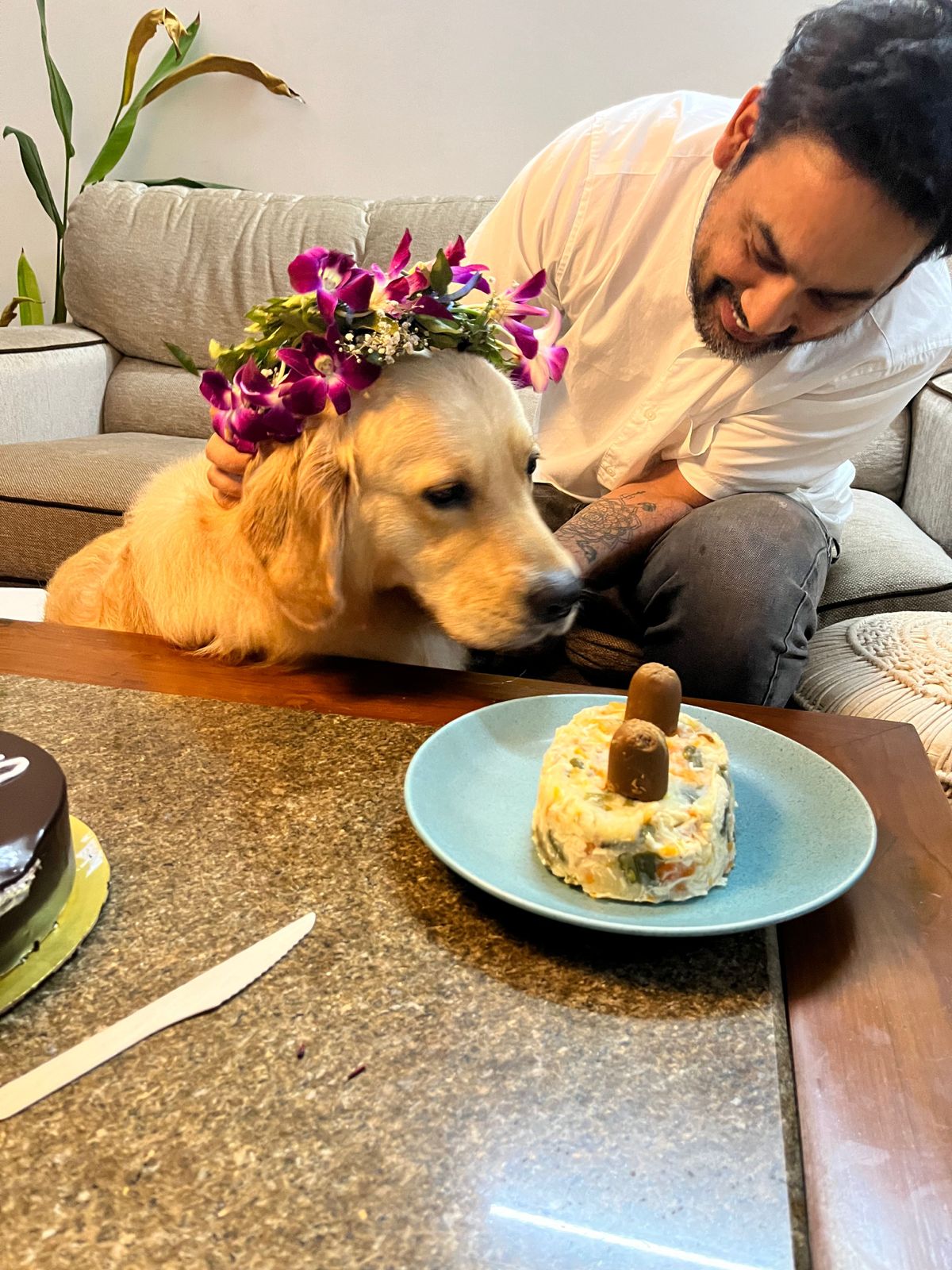
Bhangay’s idea was very much ahead of its time and his main challenge was getting people to believe in his idea. Exposure to technology and experiential marketing was still low in India and he struggled to get people on board. The entrepreneur persisted and eventually expanded TILE to Mumbai, Hyderabad, Pune and Bengaluru. The company’s business model ran through affiliations with top brands, and soon grew to become Asia’s largest luxury expo.
Indulge Concierge: Redefining luxury
At the forefront of his most recent achievements is Indulge Concierge, a 24×7, by invitation only platform that redefines the concept of personalised service. Founded in 2019, Bhangay wanted to provide his clientele with only the very best. “With a deep understanding of the market and a profound commitment to excellence, I have positioned Indulge Concierge, as a trusted provided of unparalleled luxury lifestyle management,” the entrepreneur explains. It’s a fast-paced life, of course, when dealing with such discerning and time-sensitive clients. And he’s always on the cutting edge, using technology and AI platforms to leverage the right markets correctly.
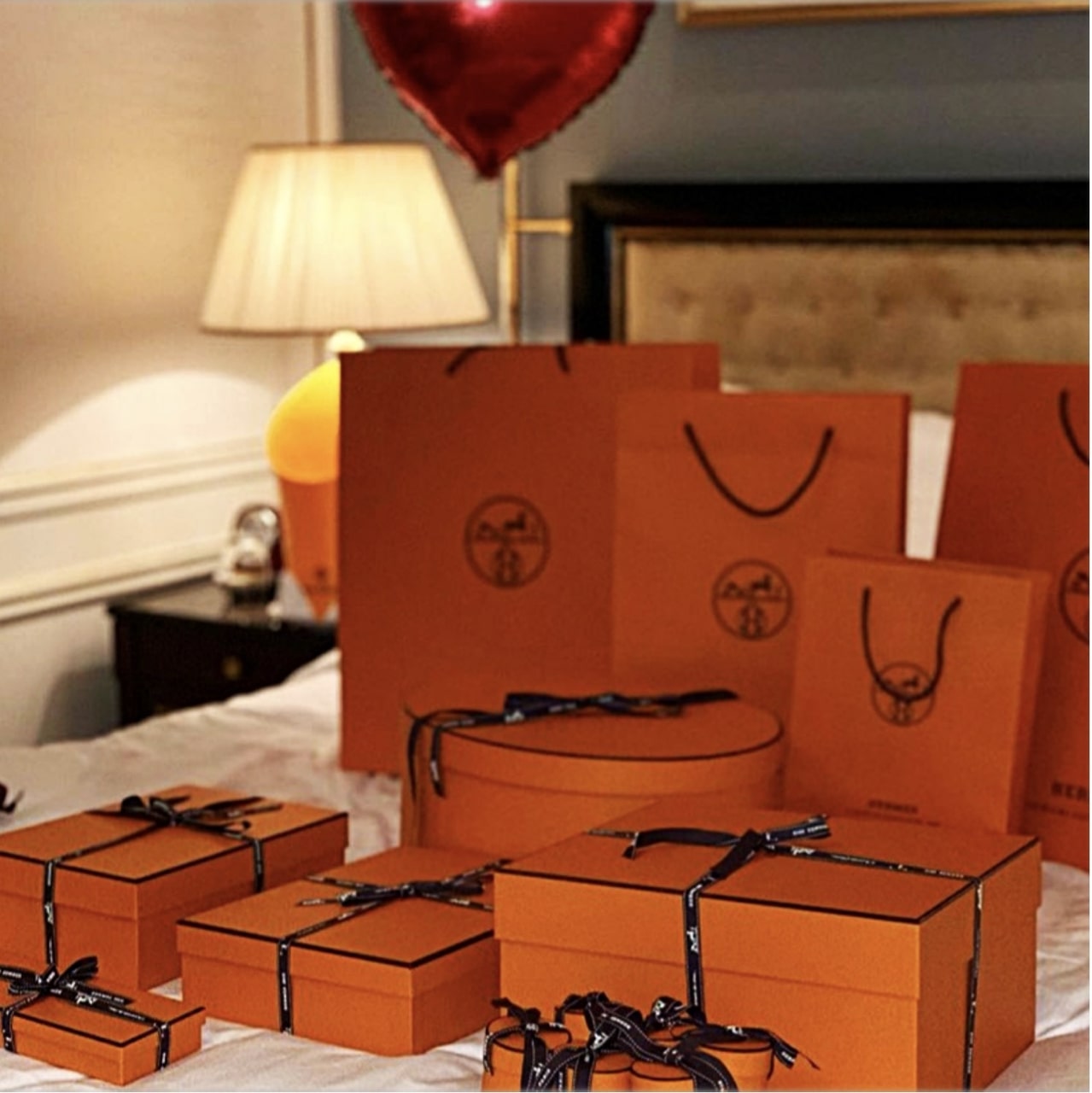
As an entrepreneur, Bhangay admits that challenges constitute a substantial portion – about 95 percent – of his daily experience. “However, the path to conquering these challenges lies in the art of breaking them down into manageable components and executive each task with efficiency. It is essential to recognize that no challenge is insurmountable when met with a resolute intent to overcome it,” he believes.
What’s Bhangay’s advice to aspiring entrepreneurs? “Transparency – in your own thoughts and within your teams, products and customers.” This endeavour is ongoing and the more seamless your progress is, the more likely you are to be successful.” As he steers Indulge, he hopes to see it as India’s premier startup with a global influence. “Our mission is to reshape the lives of Indulge’s managers and clients alike, catalysing efficient and transformative living experiences,” he says.

In his free time, Bhangay finds joy in the company of his cherished pet, Gulzar and through satisfying his insatiable wanderlust by travelling the world. The entrepreneur is also a trained squash player.


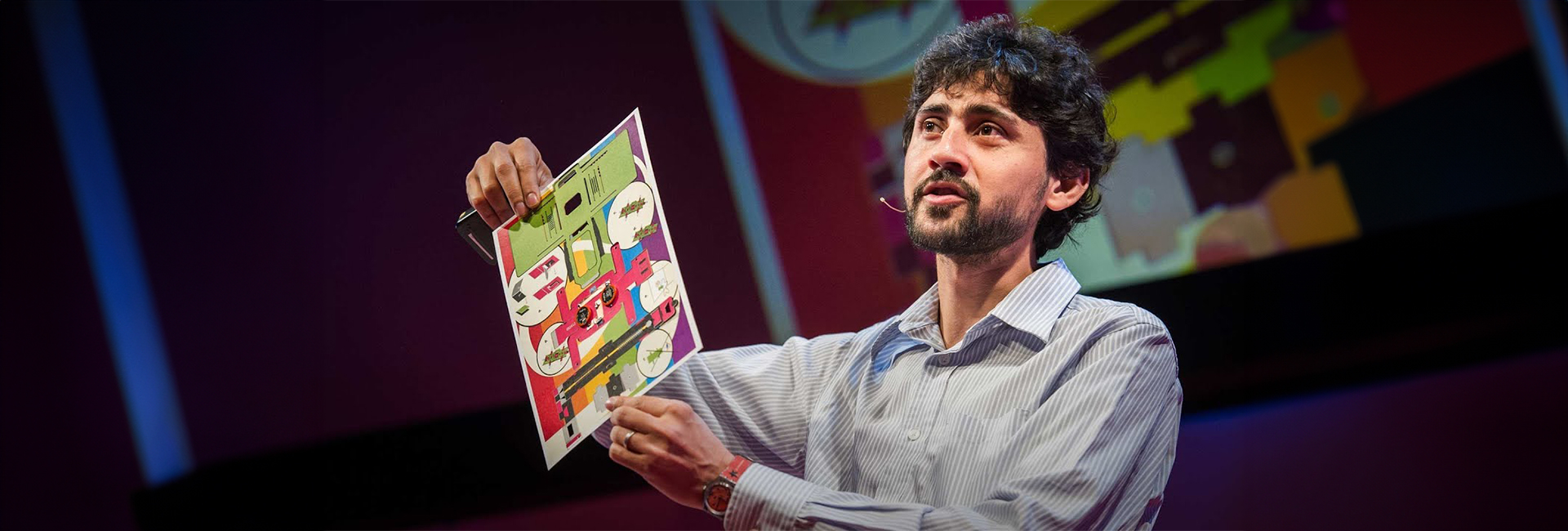
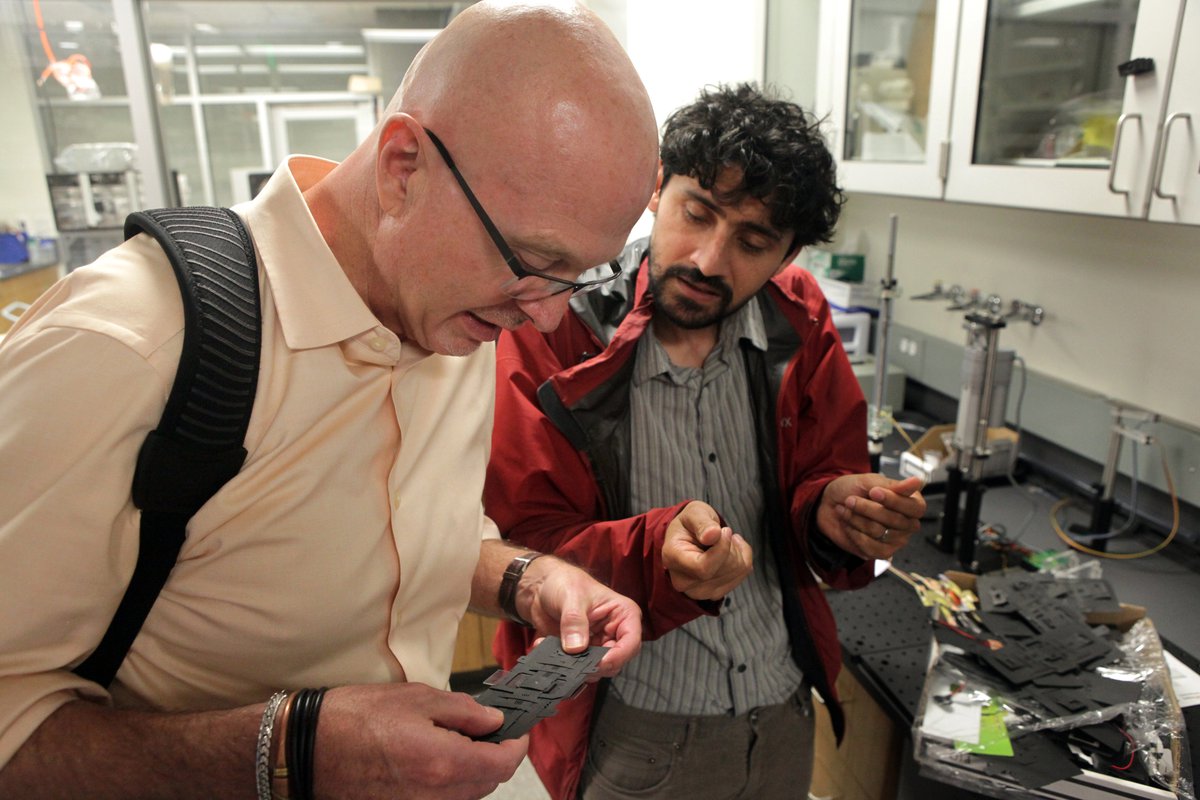
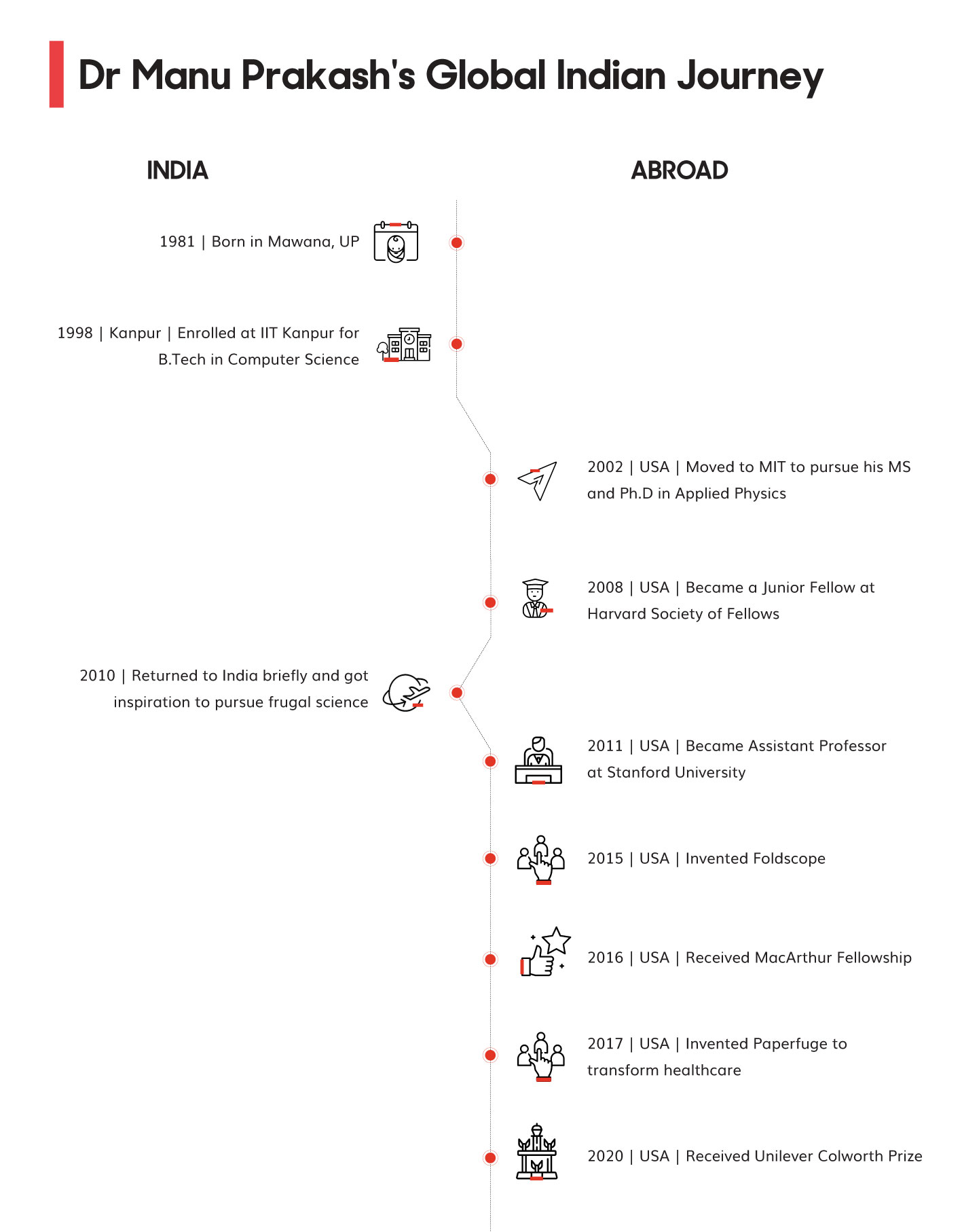
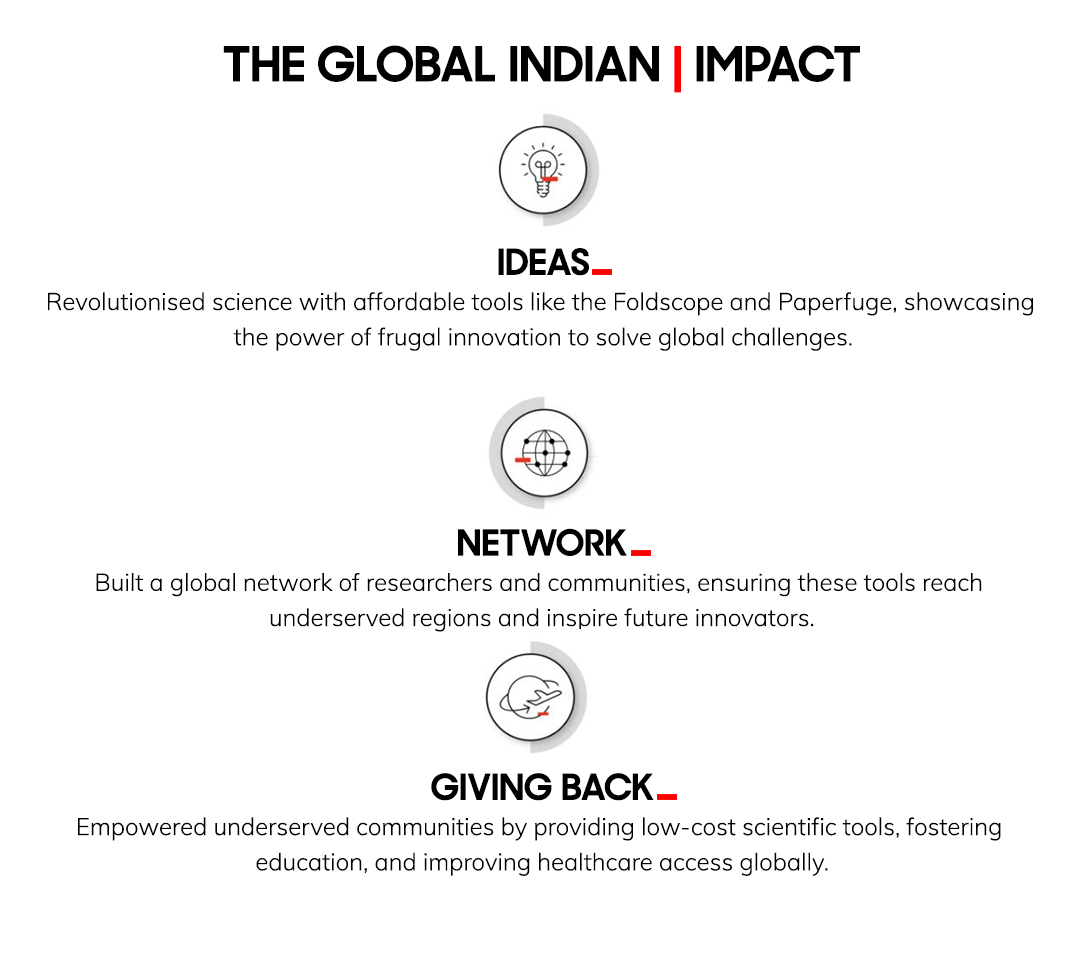
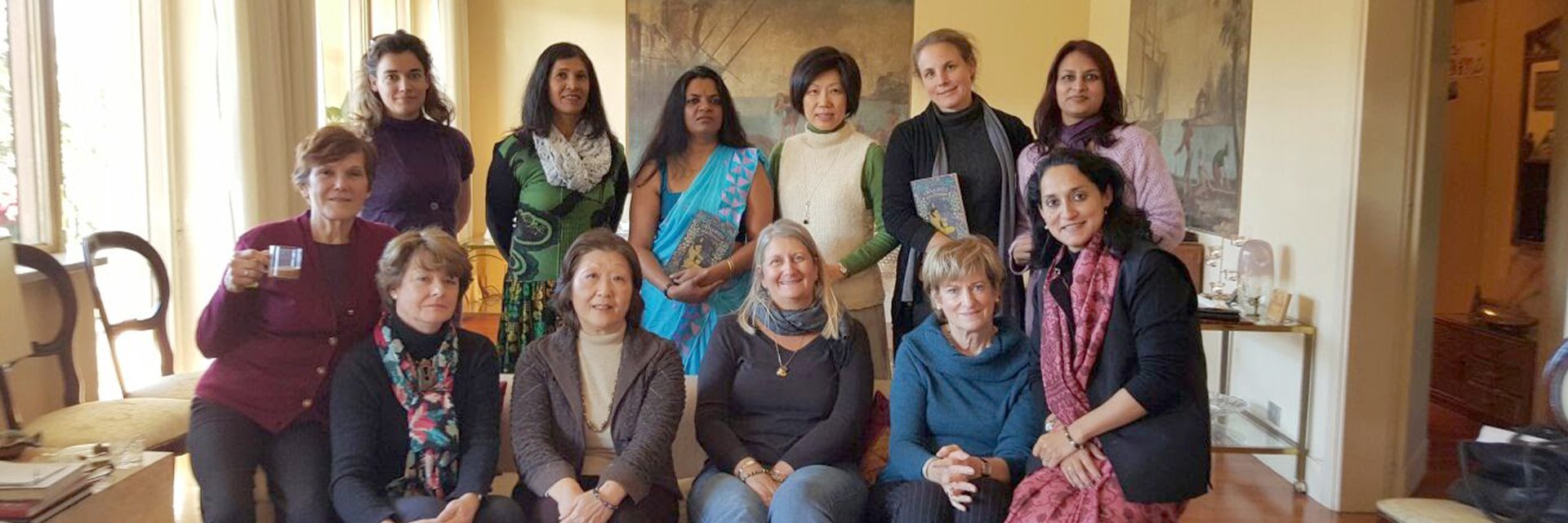
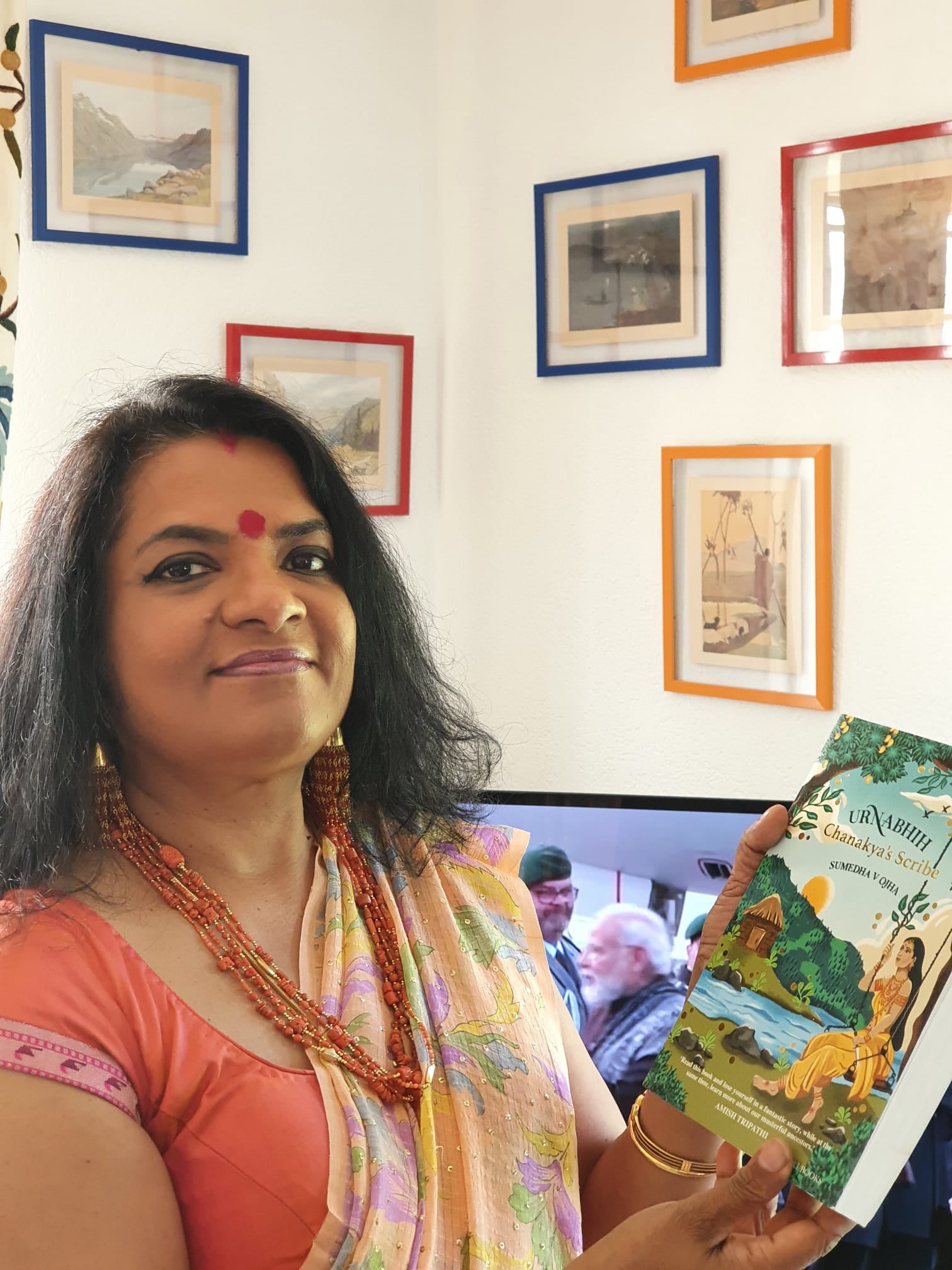 Sumedha Verma Ojha with her just released book Chanakya's Scribe[/caption]
Sumedha Verma Ojha with her just released book Chanakya's Scribe[/caption]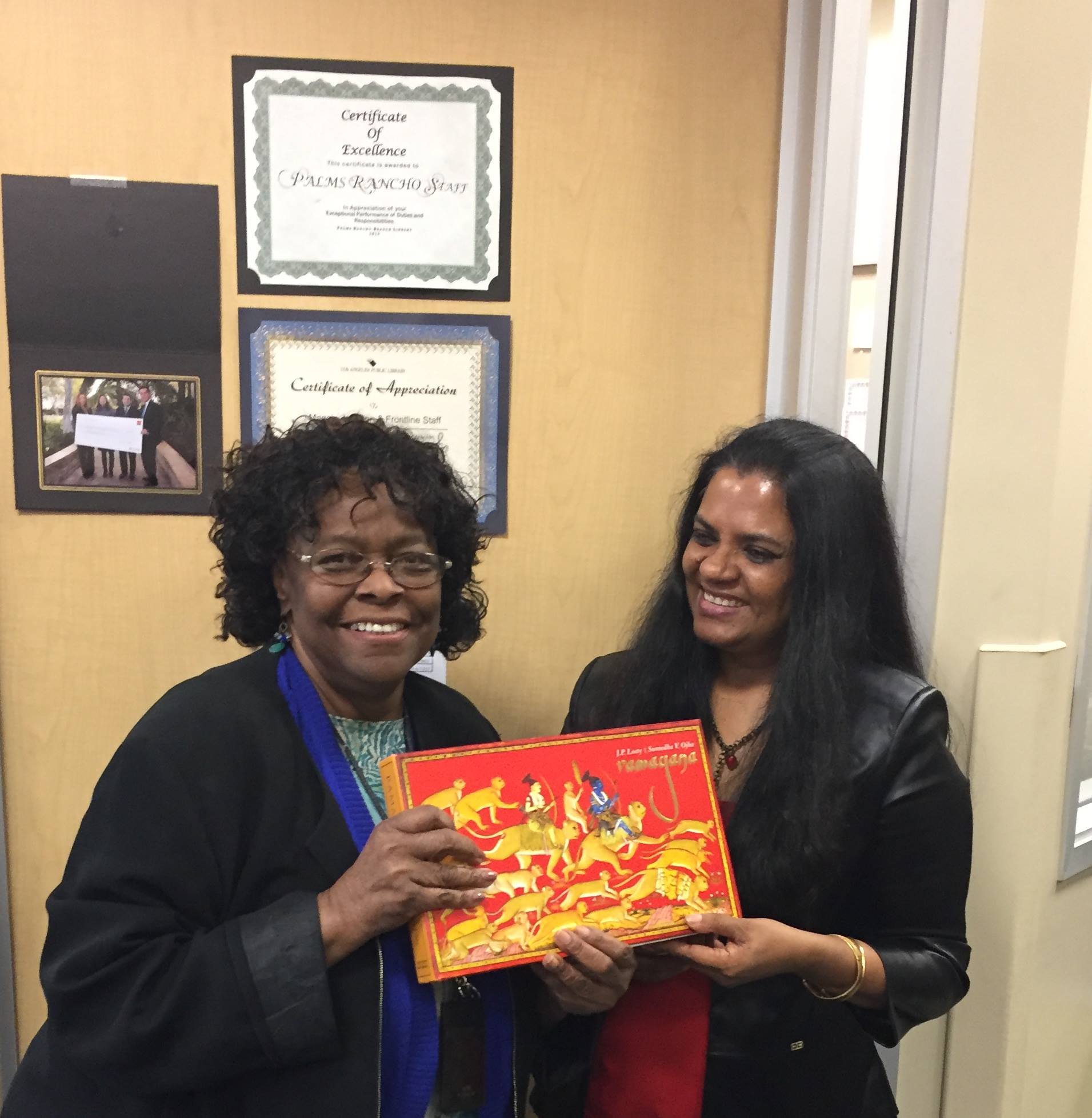 Sumedha with librarian of the Los Angeles Public Library[/caption]
Sumedha with librarian of the Los Angeles Public Library[/caption]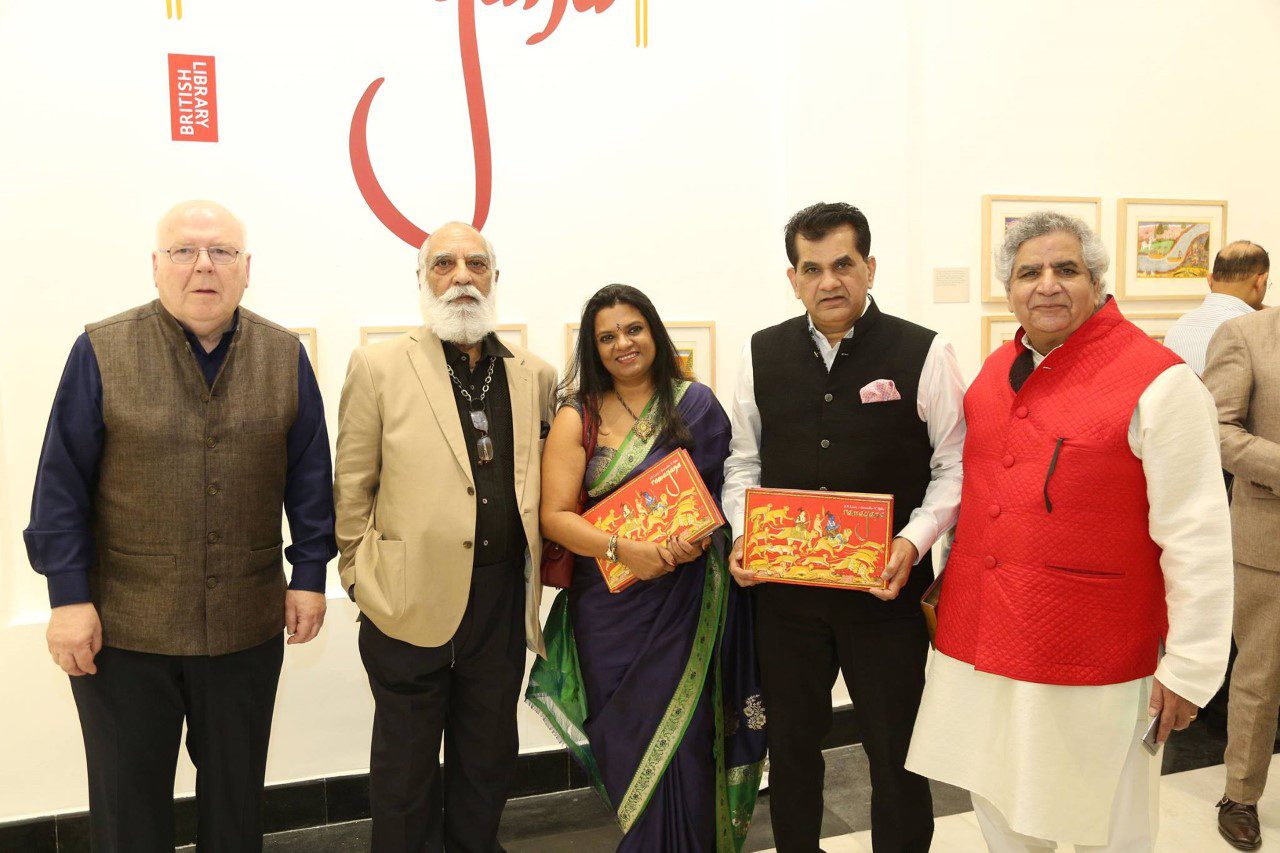 Sumedha at Ramayan Launch with Niti Aayog Chairman, Amitabh Kant, Maharana of Mewar Arvind Singh and Pramod Kapoor of Roli Books.[/caption]
Sumedha at Ramayan Launch with Niti Aayog Chairman, Amitabh Kant, Maharana of Mewar Arvind Singh and Pramod Kapoor of Roli Books.[/caption]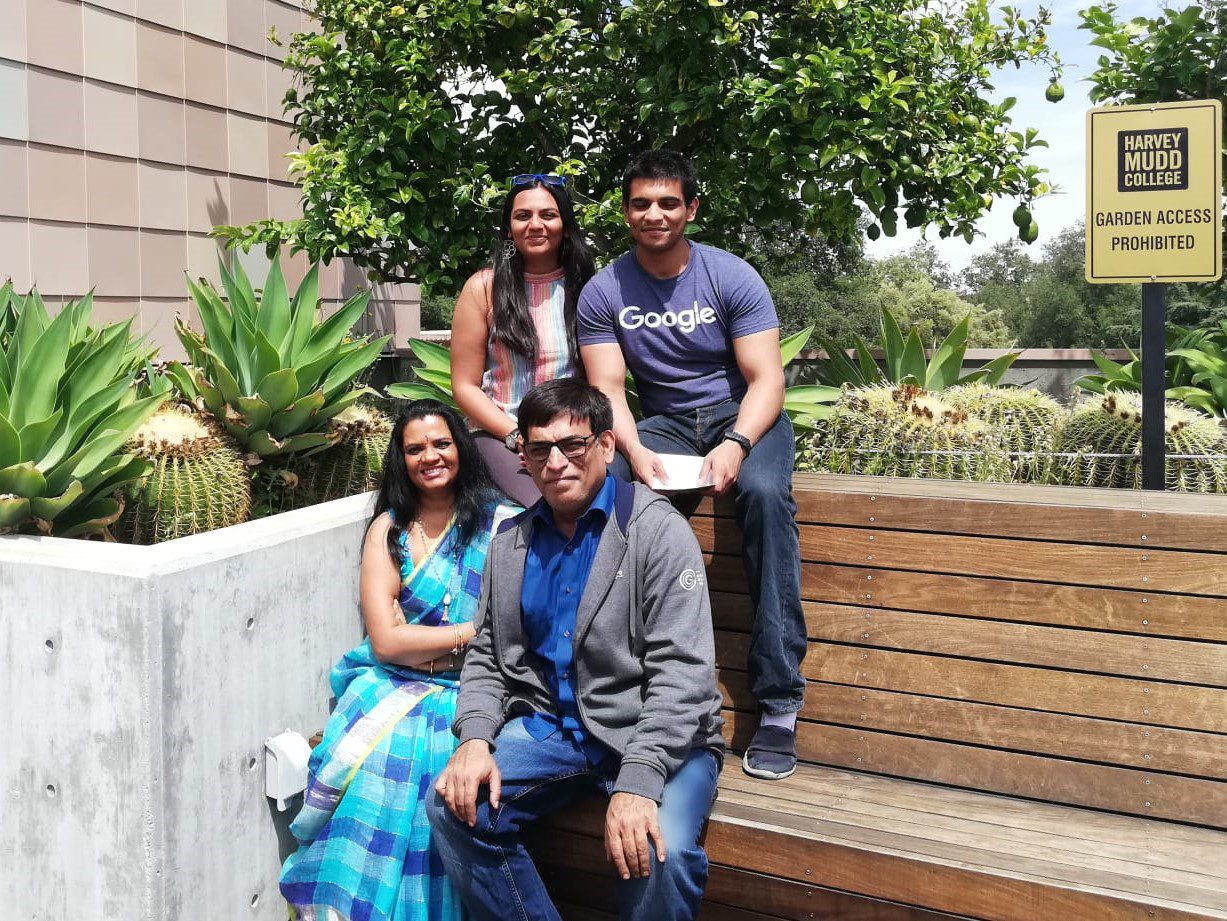 Sumedha Verma Ojha with her family[/caption]
Sumedha Verma Ojha with her family[/caption]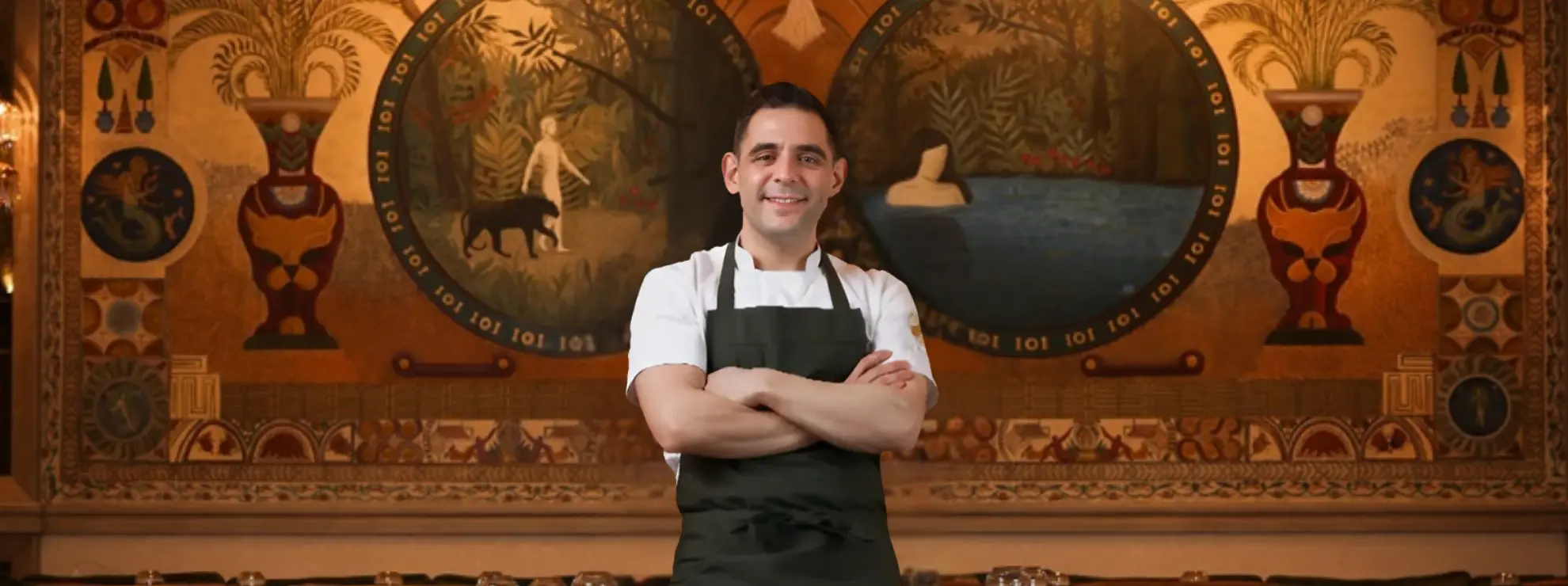
 Chef Manuel Olveira at La Panthera[/caption]
Chef Manuel Olveira at La Panthera[/caption]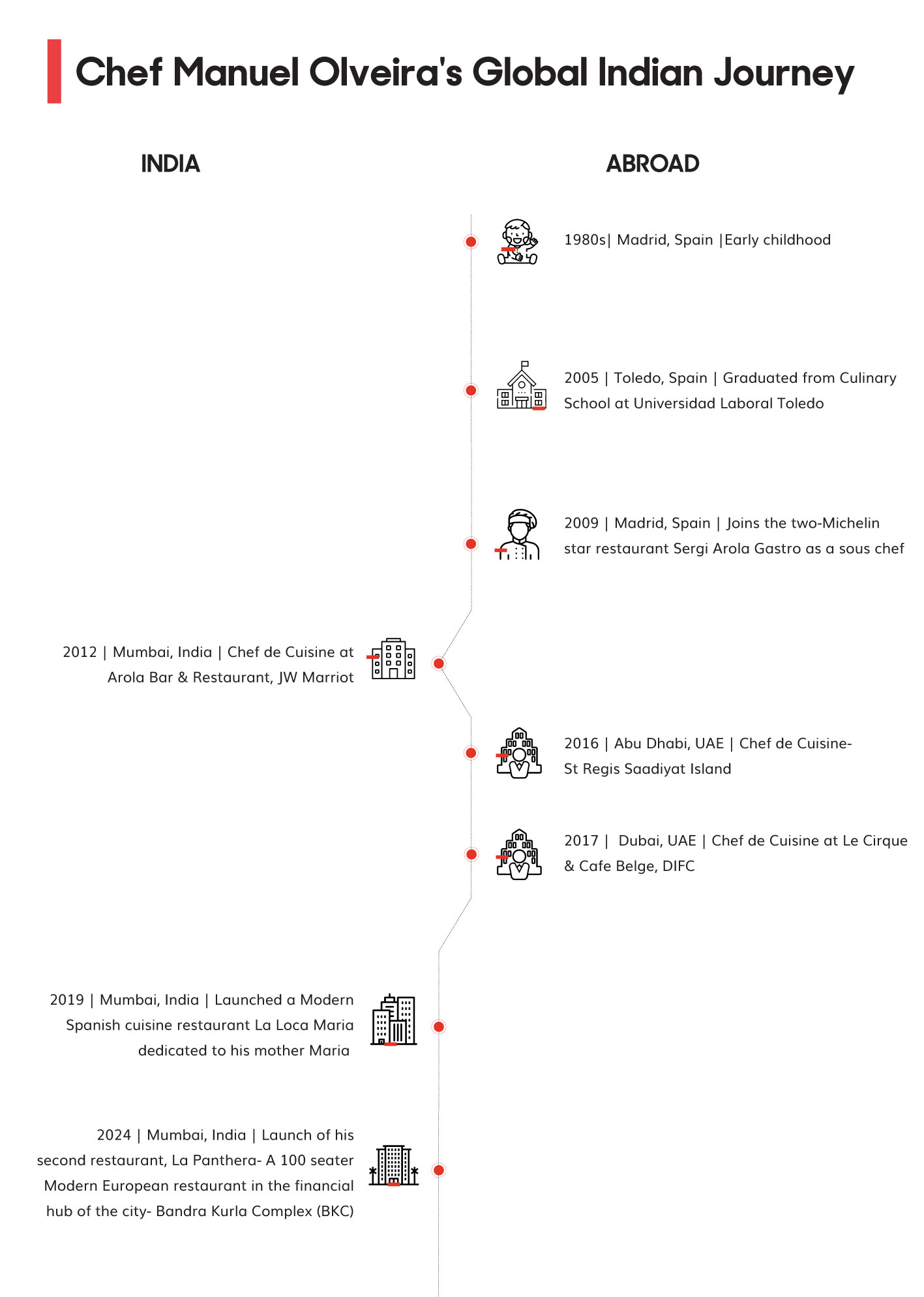
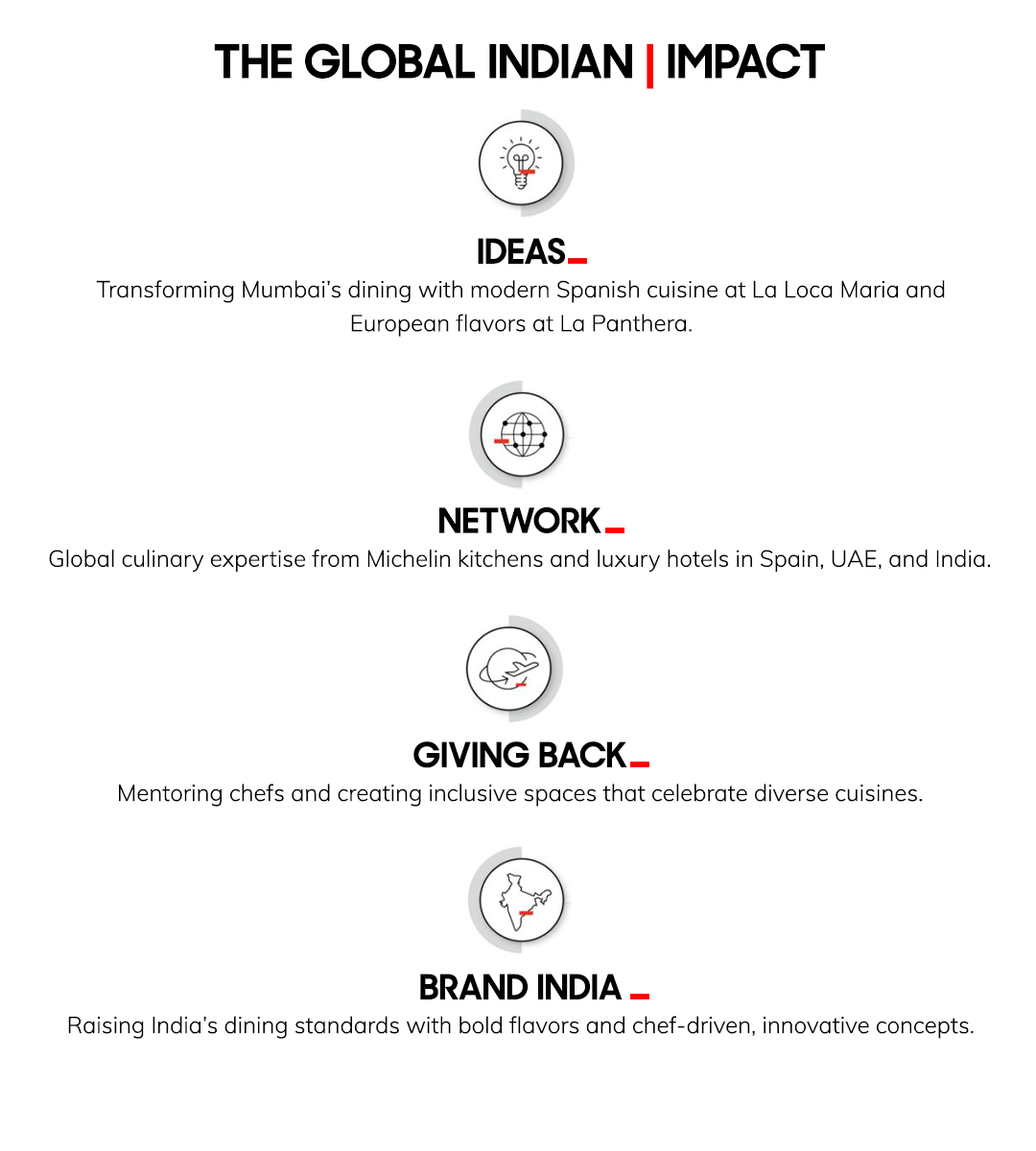
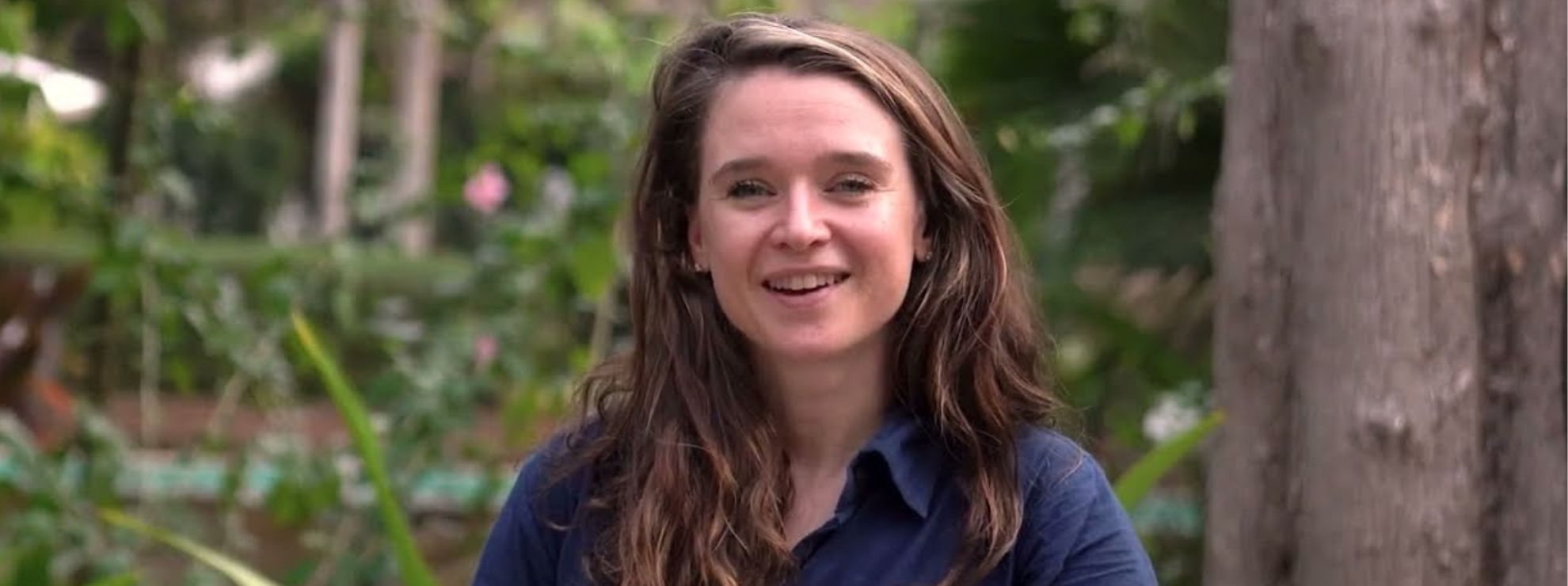
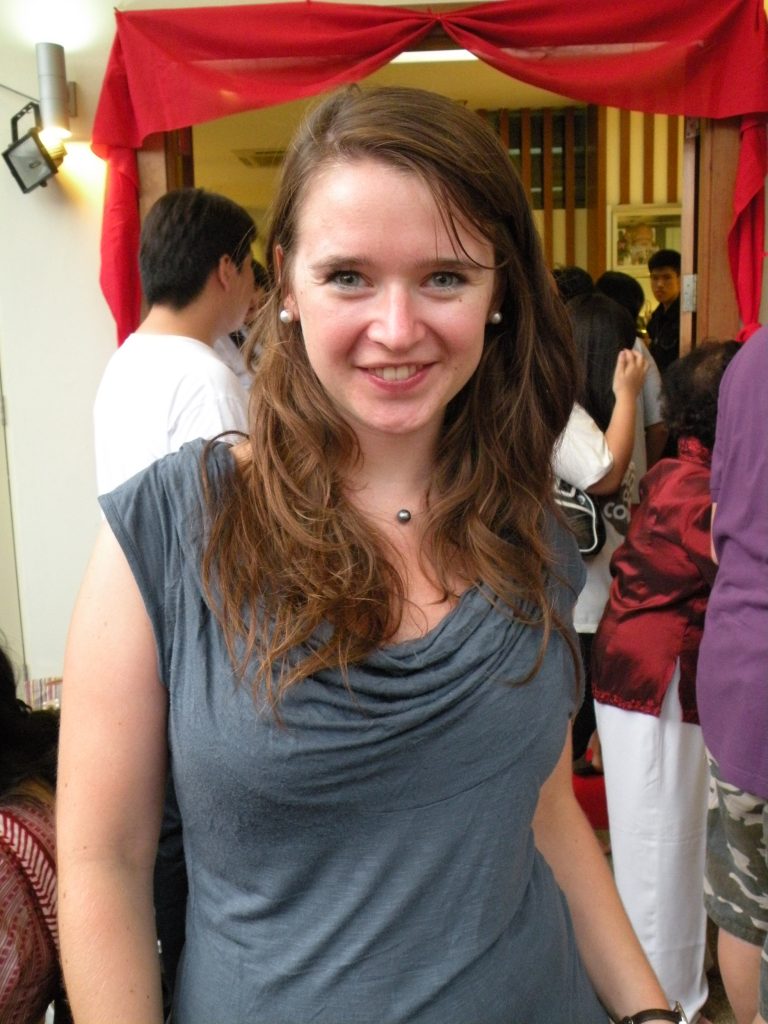
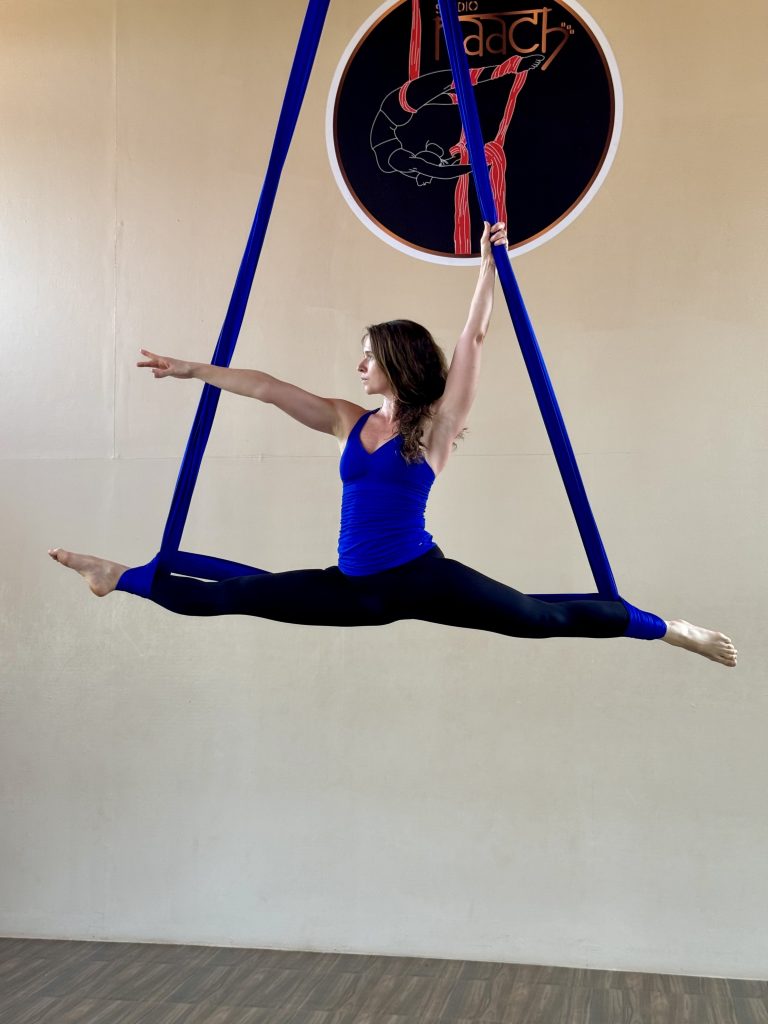

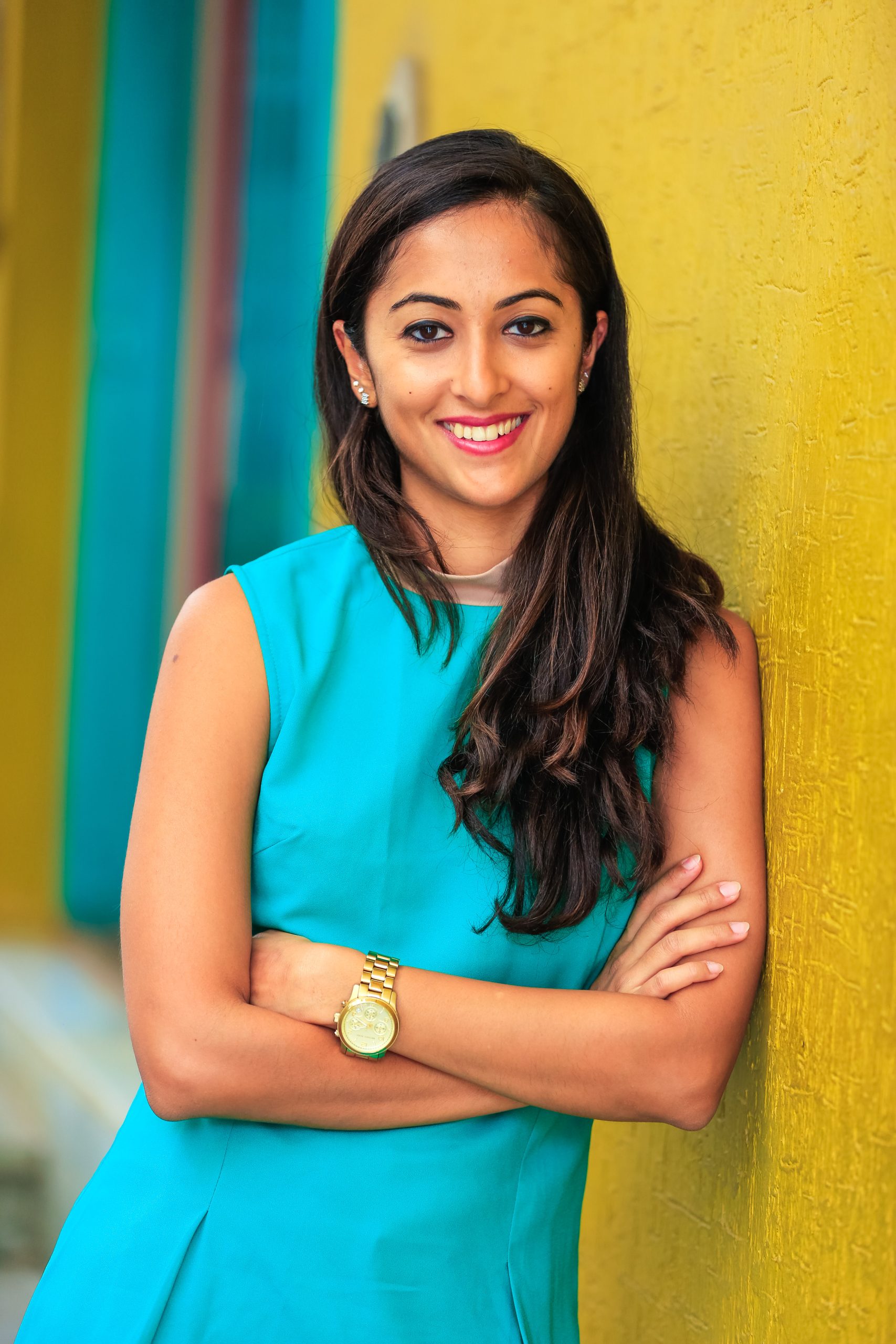
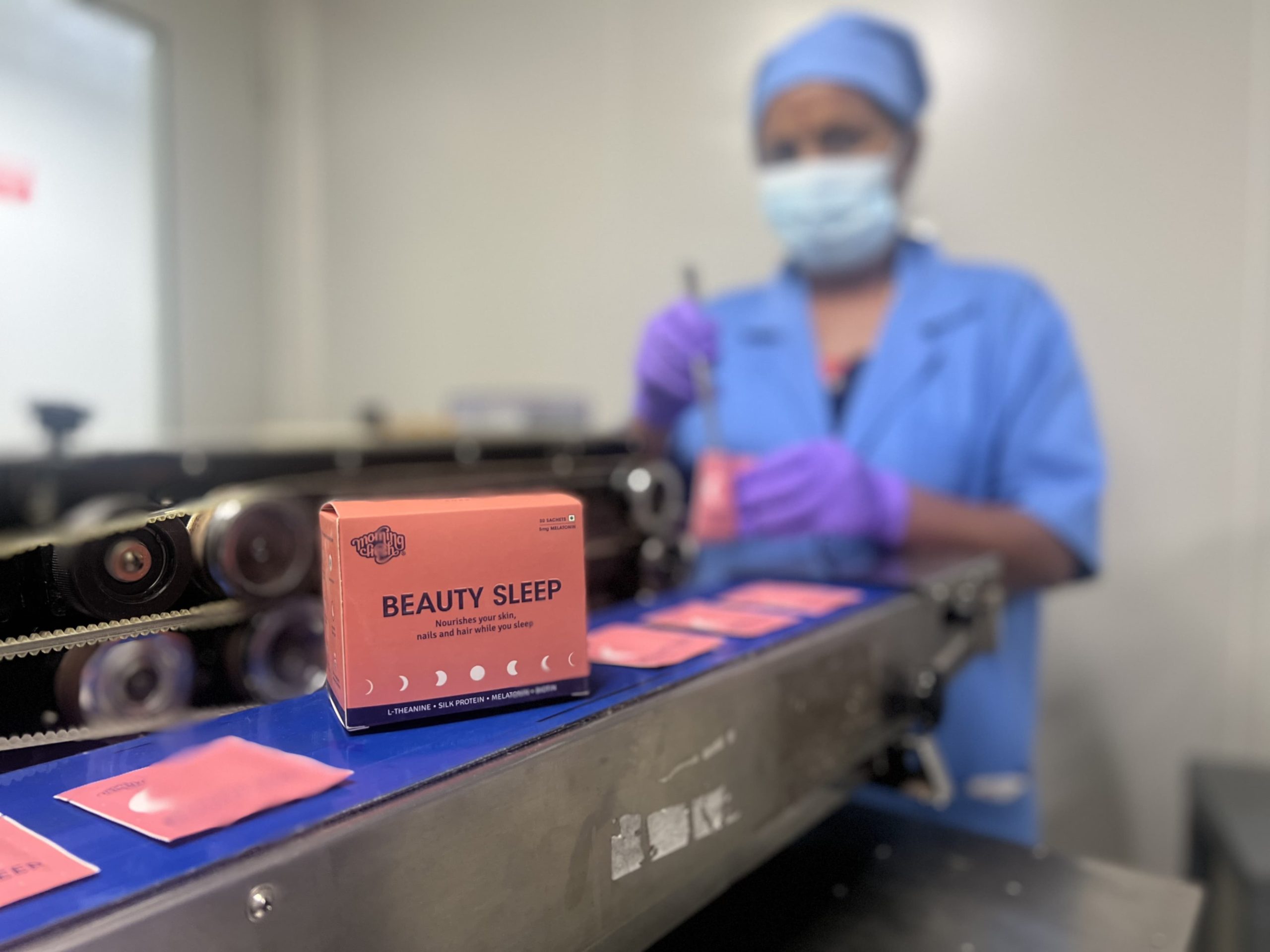
So good 👍 Karan